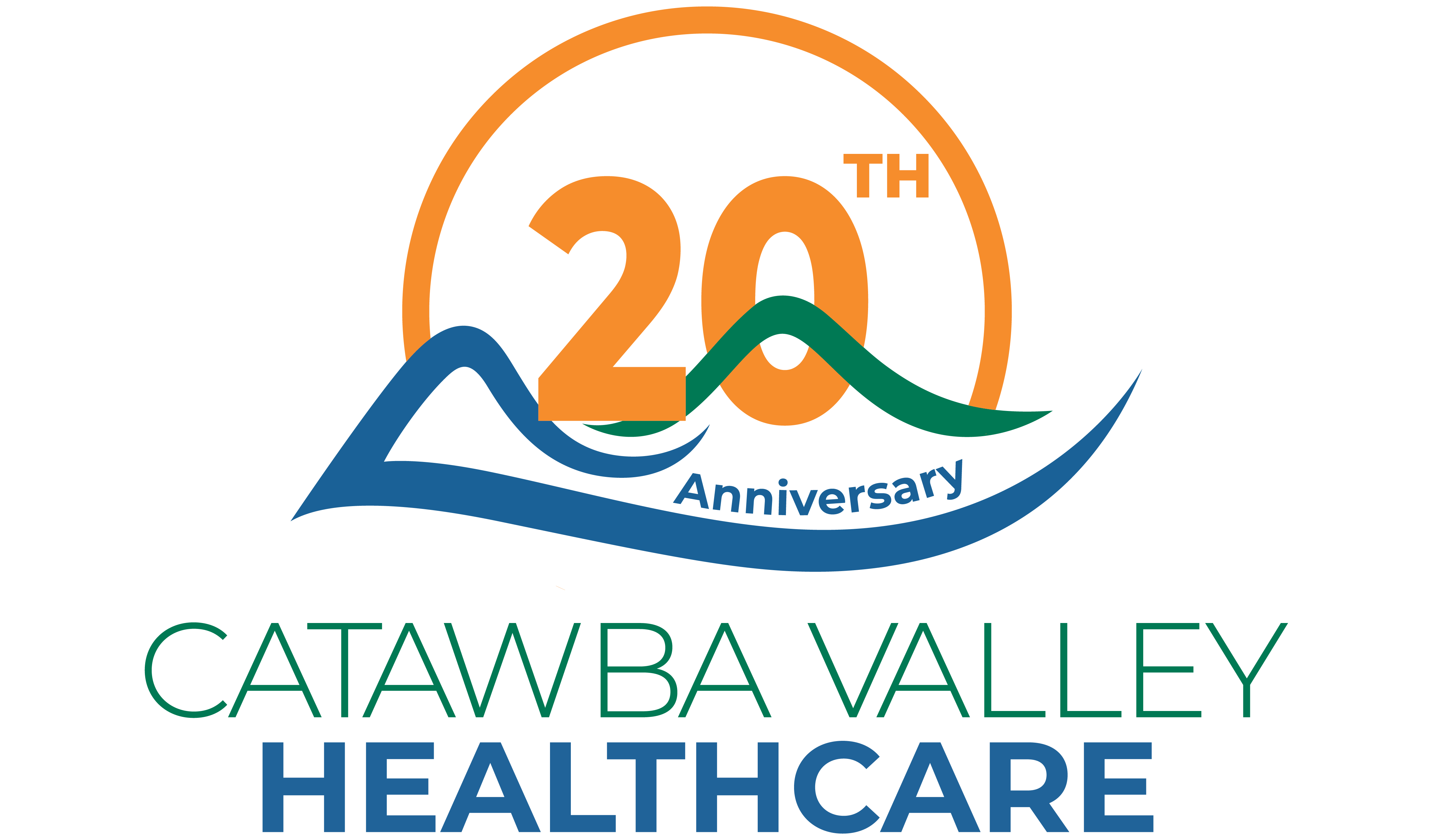Hypertension
Hypertension
Hypertension (high blood pressure) is a higher than normal force of blood against the artery walls as blood travels from the heart throughout the body. Hypertension increases your risk of a heart attack or stroke. Hypertension can be detected easily with a blood pressure machine. It can be controlled with medication, weight control, and positive changes in exercise and dietary habits.
Blood pressure is determined by two factors: the amount of blood your heart pumps out and the amount of resistance to blood flow in your arteries. For example, if your arteries become narrower and blood flow remains consistent, your blood pressure will increase.

A blood pressure reading is measured in millimeters of mercury (mm Hg) and has two numbers:
- The top number (systolic pressure) measures the pressure in your arteries when your heart beats
- The bottom number (diastolic pressure) measures the pressure in your arteries between your heartbeats
The chart below from the Cleveland Clinic outlines the different categories of hypertension:
Category |
Blood Pressure |
| Normal | Under 120/80 mmHg |
| Elevated Blood Pressure | 120-129/less than 80 mmHg |
| Stage I Hypertension (mild) | 130-139/OR diastolic between 80-89 mmHg |
| Stage 2 Hypertension (moderate) | 140/90 mmHg or higher |
| Hypertensive Crisis (get emergency care) | 180/120 mmHg or higher |
High blood pressure is often called the “silent killer” because people are often not aware that anything is wrong while damage is occurring in the body.
If not treated, serious health problems can develop, including:
- Stroke
- Heart Attack
- Eye damage
- Vascular dementia
- Kidney disease/failure
- Complications during pregnancy
Symptoms of Hypertension
People with hypertension can experience symptoms including:
- Severe headaches
- Confusion
- Shortness of breath
- Nosebleeds
- Dizziness
- Nausea
- Vomiting
- Chest pain
- Changes in vision
If you are experiencing any of these symptoms and a high blood pressure, seek medical help immediately.
Causes of Hypertension
Primary Hypertension:
Primary hypertension doesn’t have one definitive cause. Typically, it results from a combination of factors, such as:
- Poor dietary habits (including a high intake of sodium)
- Sedentary lifestyle
- Excessive alcohol consumption
Secondary Hypertension:
Secondary hypertension has identifiable causes that healthcare providers can pinpoint. Common causes include:
- Certain medications like immunosuppressants, NSAIDs, and oral contraceptives
- Kidney disorders
- Obstructive sleep apnea
- Primary aldosteronism (Conn’s syndrome).
- Use of illegal drugs (such as amphetamines and cocaine).
- Tobacco use
Treatment for High Blood Pressure
If you have been diagnosed with mildly high blood pressure, your provider will recommend that you:
- Check your blood pressure regularly with a home blood pressure monitor. Most pharmacies sell them. Ask your provider to recommend one.
- Be physically active
- Eat healthy foods that are low in salt and fat.
- Maintain your best bodyweight.
- Limit alcohol to no more than 2 drinks/day for men and 1 drink/day for women.
- Don’t smoke.
- Manage stress.
- Ask your provider if you should increase potassium and discuss the Dietary Approaches to Stop Hypertension (DASH) diet, which promotes adding fruits, vegetables, and whole grains while reducing sodium.
When Lifestyle Changes Don’t Lower Blood Pressure
If diet, exercise, and a good diet do not lower your blood pressure, you might need to be on hypertension medicine indefinitely. Sometimes otherwise healthy and active individuals have high blood pressure for genetic or other unexplainable reasons, and no lifestyle changes can alter it. Medications then become essential.
Medications that are Prescribed for Hypertension
There are four classes of high blood pressure medications that are considered the most effective and commonly prescribed:
- Angiotensin-converting enzyme (ACE) inhibitors block the production of the angiotensin II hormone, which the body naturally uses to control blood pressure. When angiotensin II is blocked, your blood vessels don’t narrow.
- Angiotensin II receptor blockers (ARBs) block this same hormone from binding with receptors in the blood vessels. ARBs work the same way as ACE inhibitors to keep blood vessels from narrowing.
- Calcium channel blockers prevent calcium from entering the muscle cells of your heart and blood vessels, allowing these vessels to relax.
- Diuretics (water or fluid pills) flush excess sodium from your body, reducing the amount of fluid in your blood. Diuretics are often used in combination with other high blood pressure medicines.
Your healthcare provider will talk with you about various side effects and which medications might be the right for you. Some medications should be avoided during pregnancy, for example. If you experience any side effects from your medication, you need to discuss these with your provider. You should not stop taking any medicine on your own without your provider’s knowledge.
Reducing the Risk of Developing High Blood Pressure
There are things you can do to help minimize your risk of hypertension, including:
- Eating well
- Exercising
- Limiting salt intake
Our providers take blood pressure readings at all appointments in our Primary Care clinic. If your provider is concerned about your blood pressure readings and the functioning of your heart, an EKG and other testing will be ordered.
If you are concerned about your blood pressure, contact us today at Catawba Valley Healthcare for an evaluation at (828) 695-5900.
